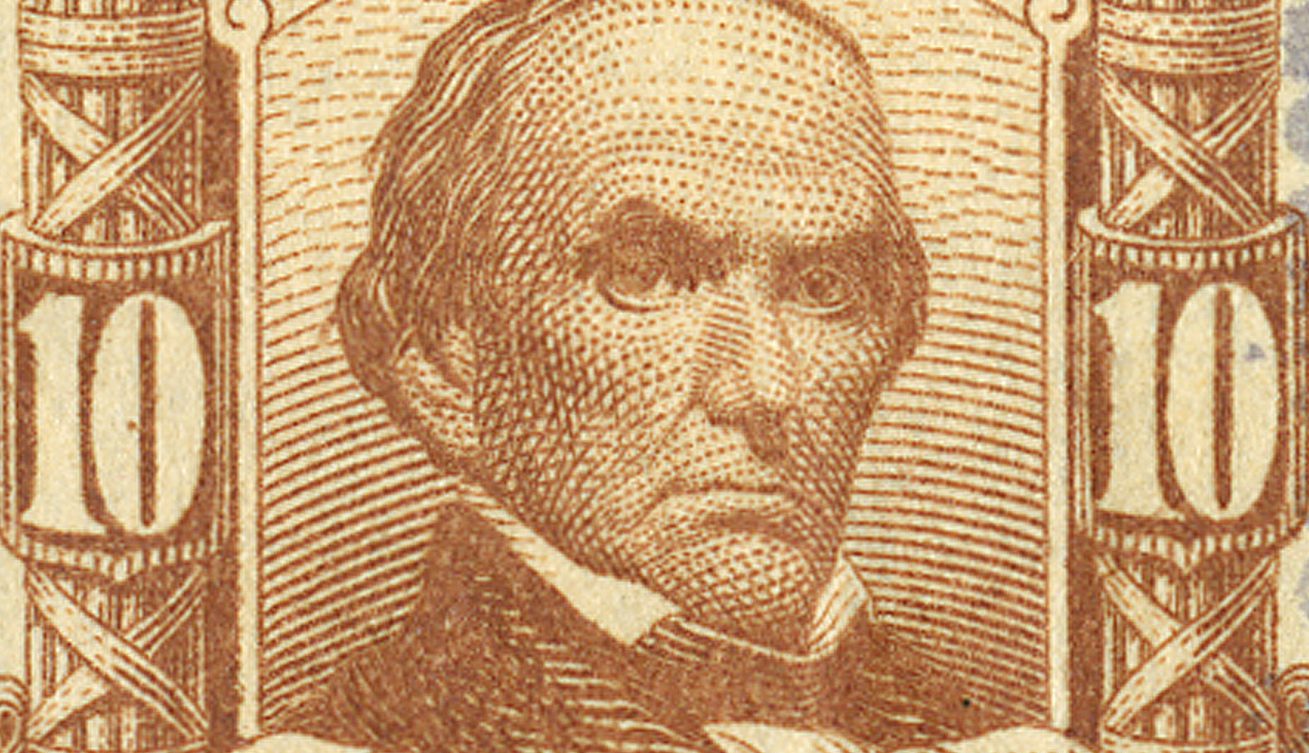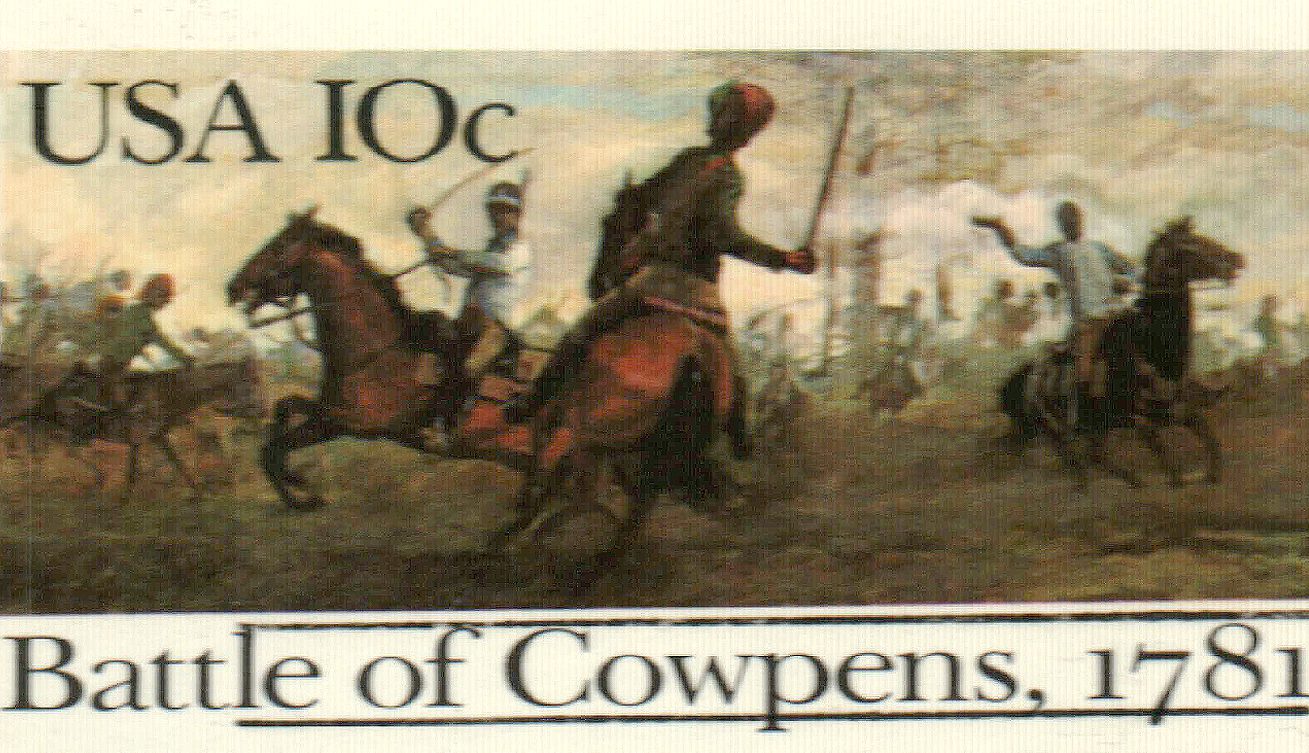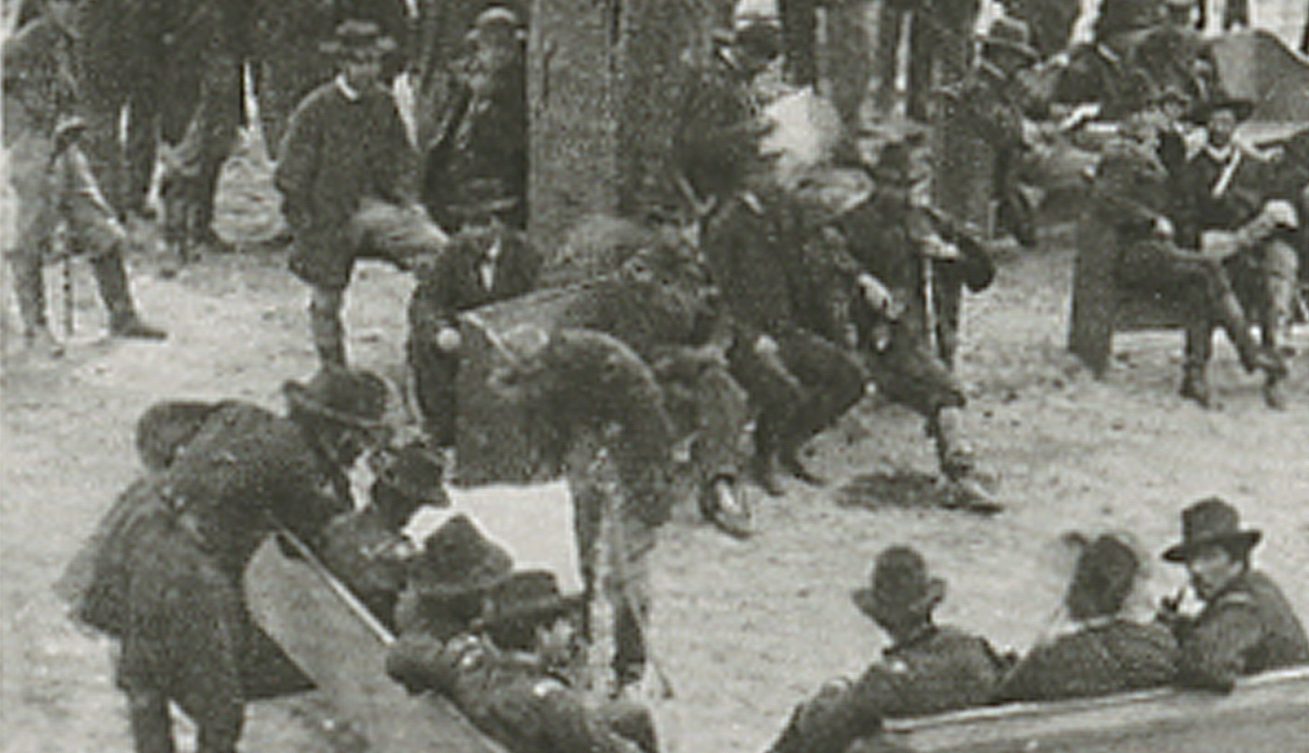Birth of Daniel Webster
Daniel Webster was born in Salisbury (now Franklin), New Hampshire on January 18, 1782. A successful lawyer and statesman, he negotiated an important treaty with Canada and served as Secretary of State under three presidents.

Daniel Webster was born in Salisbury (now Franklin), New Hampshire on January 18, 1782. A successful lawyer and statesman, he negotiated an important treaty with Canada and served as Secretary of State under three presidents.

On January 17, 1781, the Continental Army fought the British near Cowpens, South Carolina. They used the only double envelopment of the war to claim an important victory in what’s considered the turning point in the battle for South Carolina.

Ethel Agnes Zimmermann was born on January 16, 1908, in Astoria, Queens, New York. Known as the “Queen of Broadway,” her dazzling career lasted more than 50 years.

Timothy H. O’Sullivan died from tuberculosis on January 14, 1882. He was a well-known photographer who captured the brutality of the Civil War and the untamed beauty of the Western United States.

On January 13, 1865, Union forces launched the Second Battle of Fort Fisher. The fort, dubbed the “Gibraltar of the Confederacy,” was the largest in the South and key to Confederate international trade.

On January 12, 1953, Cape Hatteras became America’s first national seashore. Stretched over 70 miles of barrier islands, this seashore is a fascinating combination of natural and cultural resources.

Alice Paul was born on January 11, 1885, in Mount Laurel, New Jersey. Paul was a leader in the women’s suffrage movement, staging protests and parades to gain support for the right to vote.

John Robinson Jeffers was born on January 10, 1887, in Allegheny, Pennsylvania. He was a prolific, yet controversial poet who captured the natural beauty surrounding his home in Carmel, California.

On January 9, 1793, Jean-Pierre Blanchard carried the first letter by hot air balloon in America. The letter came from President George Washington, an avid balloon enthusiast.